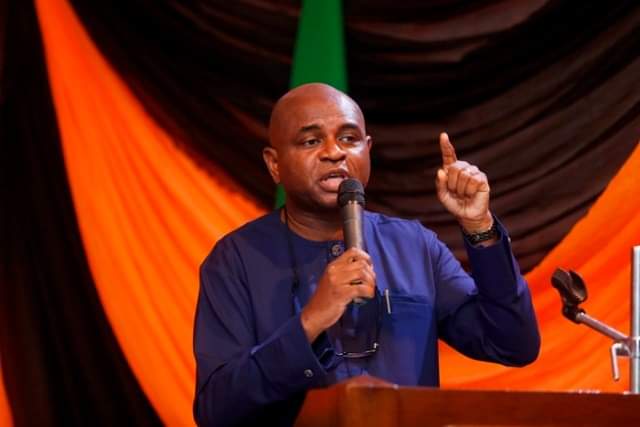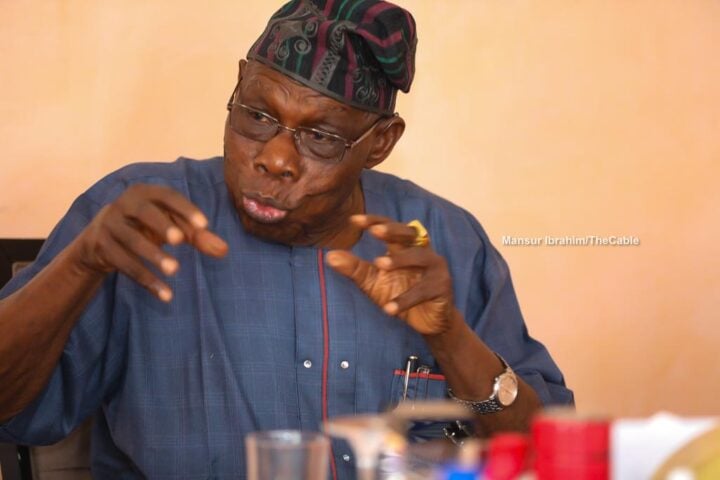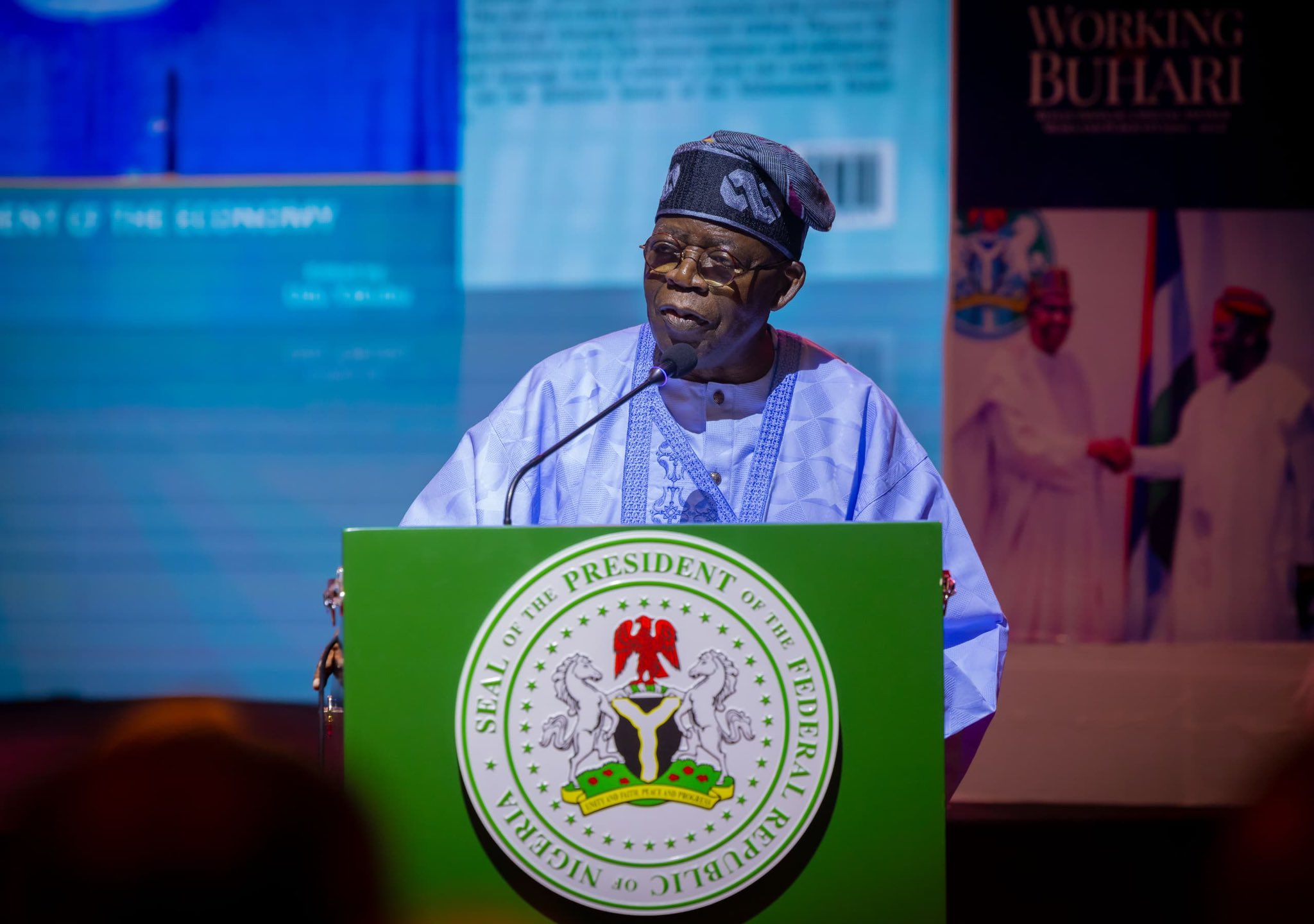Kingsley Moghalu, former deputy governor of the Central Bank of Nigeria (CBN), says the effects of the current economic crisis in the country will be felt in the next five years.
Moghalu spoke at the 16th edition of the leadership conference and awards in Abuja on Tuesday.
Speaking on the situation, the ex-CBN governor stressed that Nigerians will not get out of the ongoing economic crisis soon, urging the government to address the root causes.
“Regardless of whatever short-term measures and the success of those measures — or the lack of it — this crisis and its effects will last for at least three to five years,” he said.
Advertisement
“Don’t be deceived. We are not getting out of this tomorrow. We may see some success tomorrow morning; we may see some setbacks, but the crisis is so fundamental that its effects will be with us for some few years to come at the very least.”
The economist said Nigeria must not waste the present economic crisis, adding that “we must not let it become like every other crises we have”.
“We keep going from crisis to crisis. The question we have to answer today is when will we address the fundamentals that aid the Nigerian economy,” Moghalu said.
Advertisement
“There is no better time than now in a time of crisis. So, as we try to get out of the crisis, let us address the root causes of our crisis so that we do not have these kinds of crises again.
“I think that that is the best response that we could possibly have to do that. Nevertheless, there are also some immediate causes of today’s economic mess that can be directly traced to strategic errors by the present government early in its seven months in office so far.
“The point I am making is that although the foundation for our economic crisis was laid by previous governments with extreme reckless mismanagement of fiscal policy — we have all the evidence of that. But the current government which met the crisis and inherited it also made some important mistakes.”
‘NIGERIANS SHOULD HAVE BEEN EDUCATED ON REFORMS FIRST’
Advertisement
The former CBN deputy governor noted the “precipitate nature” of the introduction of the reform policies without a “thorough preparation for the morning after”.
“Nigerians should have been educated first on the economics of why the subsidies had to go and what steps the government was taking to mitigate the anticipated impact. For example, with a subsidised transportation system across the 774 LGAs in Nigeria,” he said.
Moghalu said the second mistake that was made was the exchange rate unification and a further effort to float the naira in an environment that was “already awash with naira liquidity”.
“That is to say a loose monetary environment was an error. This contributed to the naira’s race to the bottom,” the economist said.
Advertisement
“But we know the policy should have been accompanied or preceded by immediate monetary tightening before you float the naira or before you try to unify the exchange rate because with so much naira slushing around, what you find is that a lot of naira is being used to mop up the dollars and that’s putting demand pressure on the dollars.
“And the dollars continues to rise, the naira continues to fall. But if money is scarce, which is what happens when you tighten monetary policy, then you will not have that effect.
Advertisement
“You will have some of it but not as much as we have had. That’s the reason that was a bit of a mistake.”
In addition, he said the presidential cabinet took too long to be formed during a sensitive period of transition.
Advertisement
When the appointments were finally made, Moghalu said the cabinet compositions failed to address the economic crisis on which investors had anticipated reforms.
Advertisement
Add a comment






